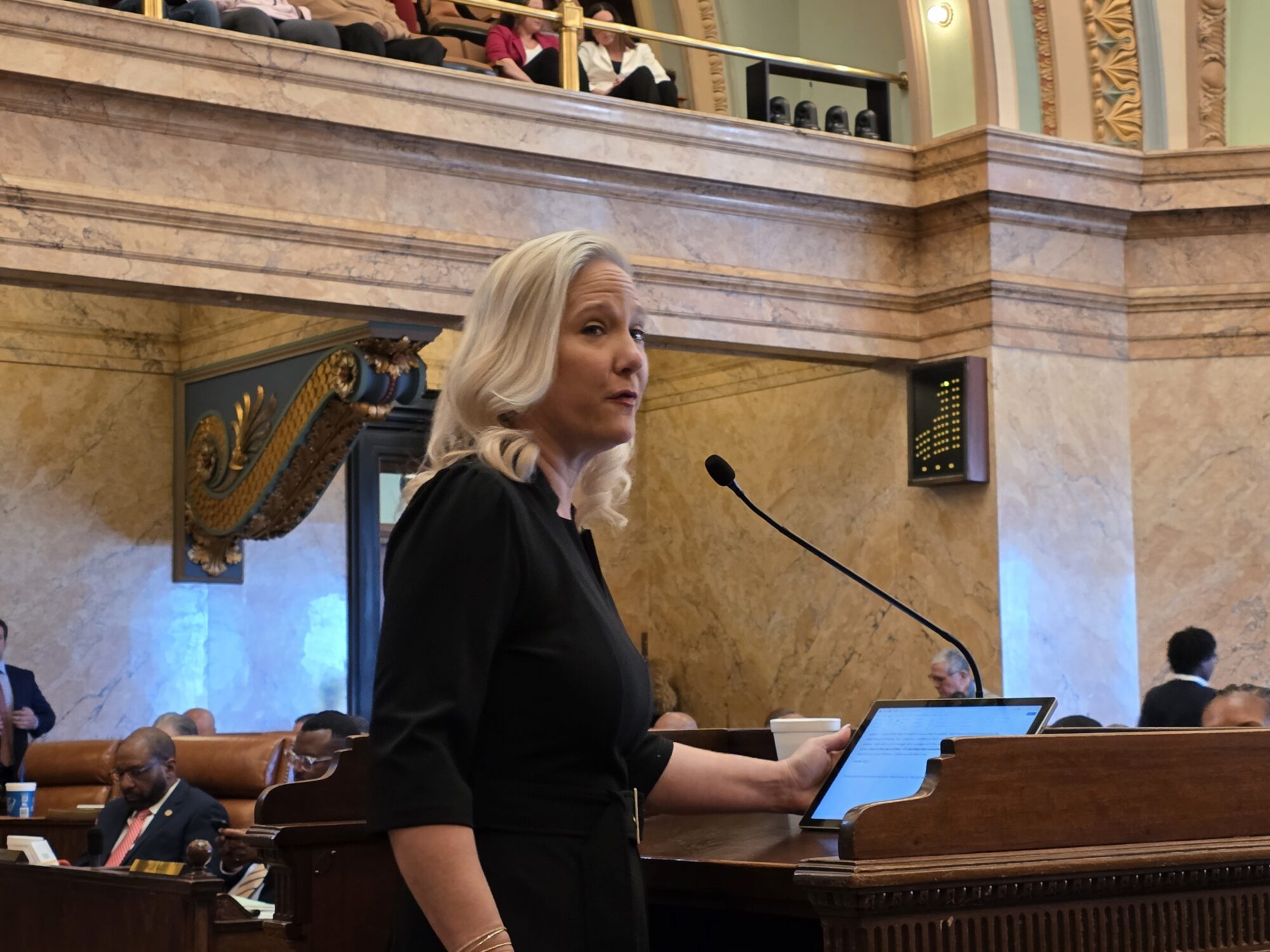
Attorney General Lynn Fitch
Attorney General Lynn Fitch’s Office presented oral arguments telephonically before the Supreme Court of the United States today to defend Mississippi’s discretionary sentencing laws that permit the State to sentence a juvenile offender to life without parole under appropriate circumstances.
“We appreciated the opportunity to present Mississippi’s case before the Supreme Court today,” said Attorney General Lynn Fitch. “We are confident the Court will find that Mississippi’s individualized hearings satisfy the Eighth Amendment because they allow for a just and fair consideration of youth and all its attendant characteristics.”
Petitioner Brett Jones was sentenced to life without parole after a jury convicted him of brutally murdering his grandfather, Bertis Jones, with a steak knife and a filet knife, rejecting Jones’ claims of self-defense. Following a 2012 Supreme Court case which addressed the issue of life sentences for juveniles, Jones was resentenced and again given life without parole. At issue before the Court now is the question of whether a court must make a specific finding, on the record, that a juvenile offender is permanently incorrigible in order to sentence him to life without parole.
Deputy Solicitor General Krissy Nobile presented the State’s arguments to the nine Justices by teleconference due to COVID-19 health and safety restrictions.
“The re-sentencing court had the benefit of Miller and took care to consider the implications of age, age-related characteristics, and the nature of the particularly brutal murder of Bertis Jones. On the whole, the sentencing court disagreed that youth and its attendant characteristics diminish the penological justifications for a life-without-parole punishment,” said Nobile. “The Mississippi Court of Appeals affirmed the sentence, and the State’s position is that the Mississippi Court of Appeals should be affirmed.”
In 2012, in Miller v. Alabama, the U.S. Supreme Court held that mandatory life-without-parole sentences were unconstitutional. Four years later, in Montgomery v. Louisiana, the Court found that the Eighth Amendment requires consideration of “youth and its attendant characteristics” before a juvenile may be sentenced to life without parole, but there is no “formal factfinding requirement.” Montgomery further held that the Eighth Amendment “bars life without parole…for all but the rarest of juvenile offenders, those whose crimes reflect permanent incorrigibility.”
The Supreme Court made history earlier this year when, for the first time in American history, Justices called in by phone and audio of arguments were livestreamed on news websites and C-SPAN, a practice still in place for this case
Press Release
11/3/2020
About the Author(s)
Magnolia Tribune
This article was produced by Magnolia Tribune staff.
More From This Author
Previous Story
Next Story









